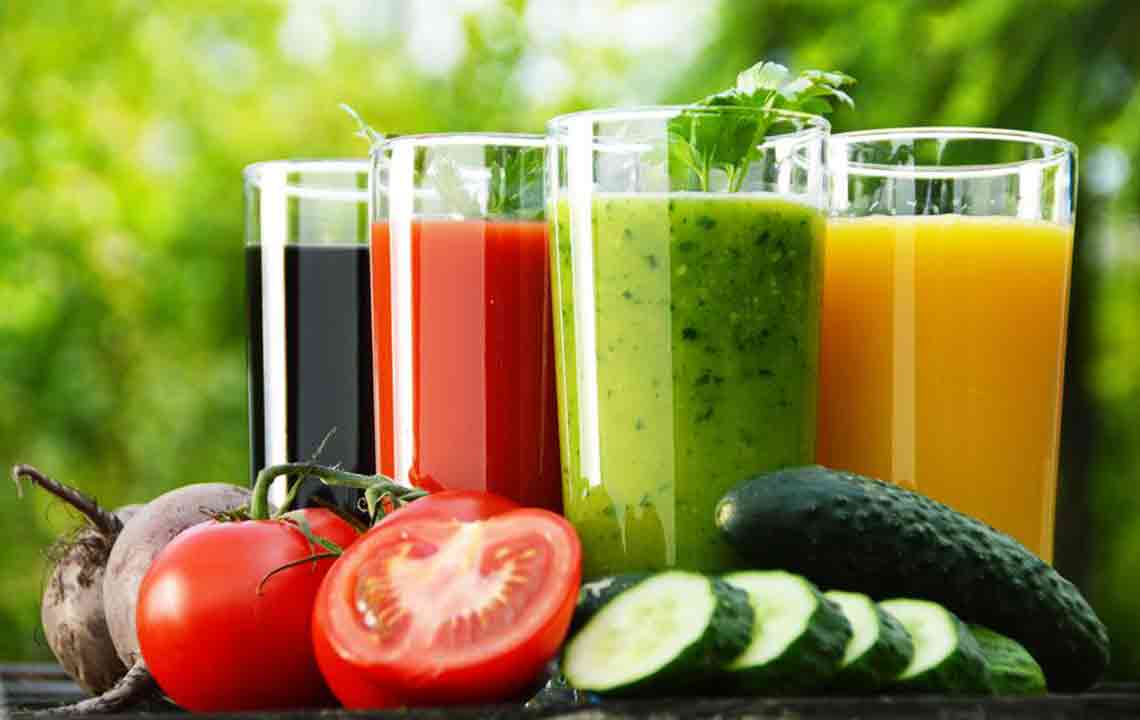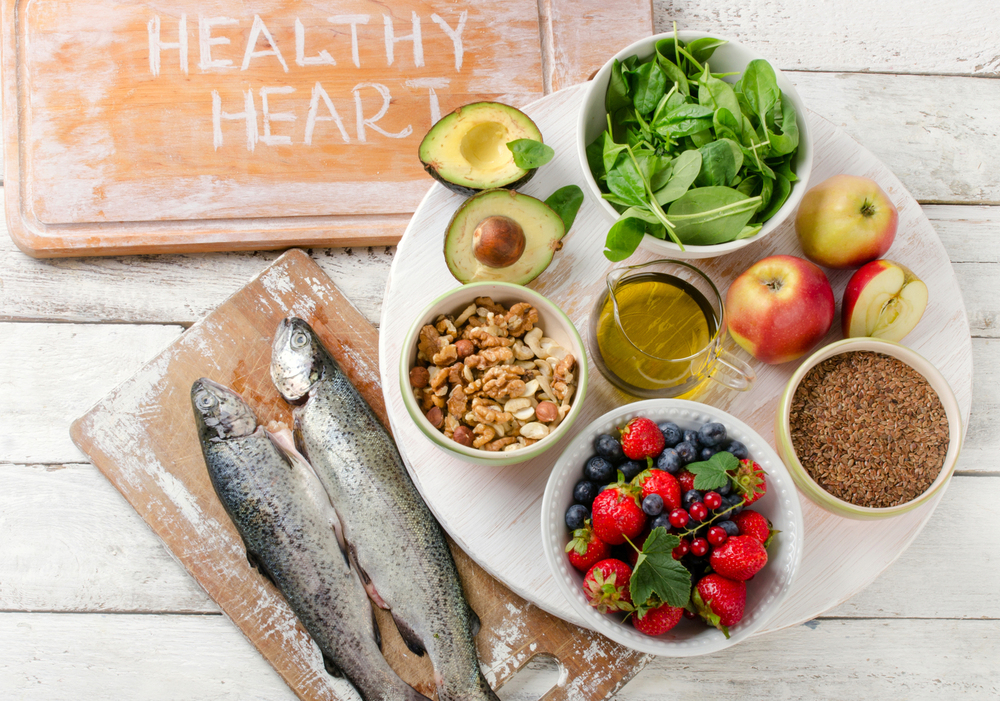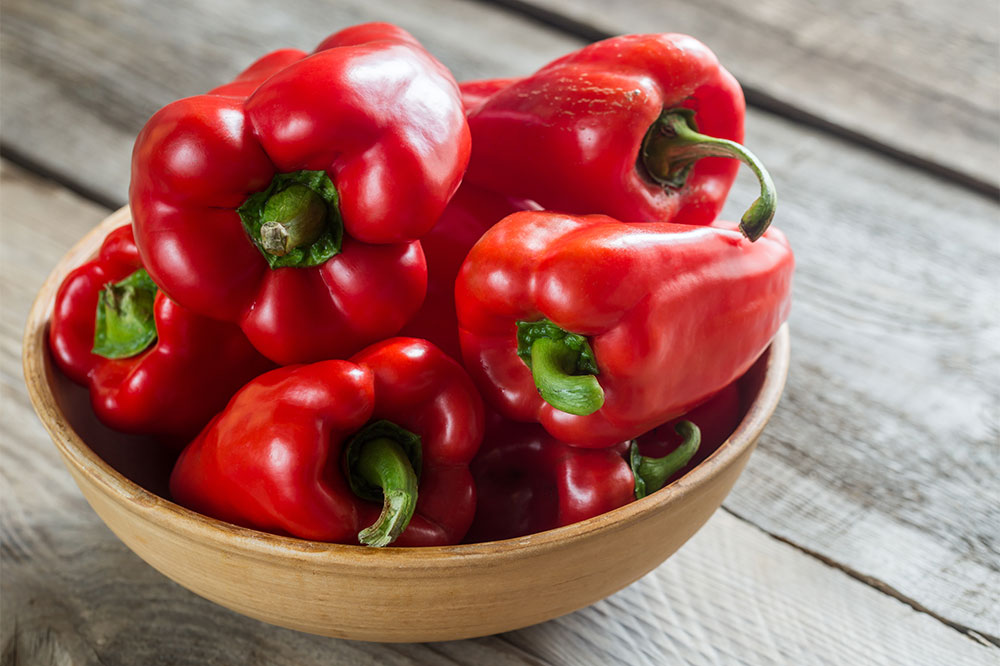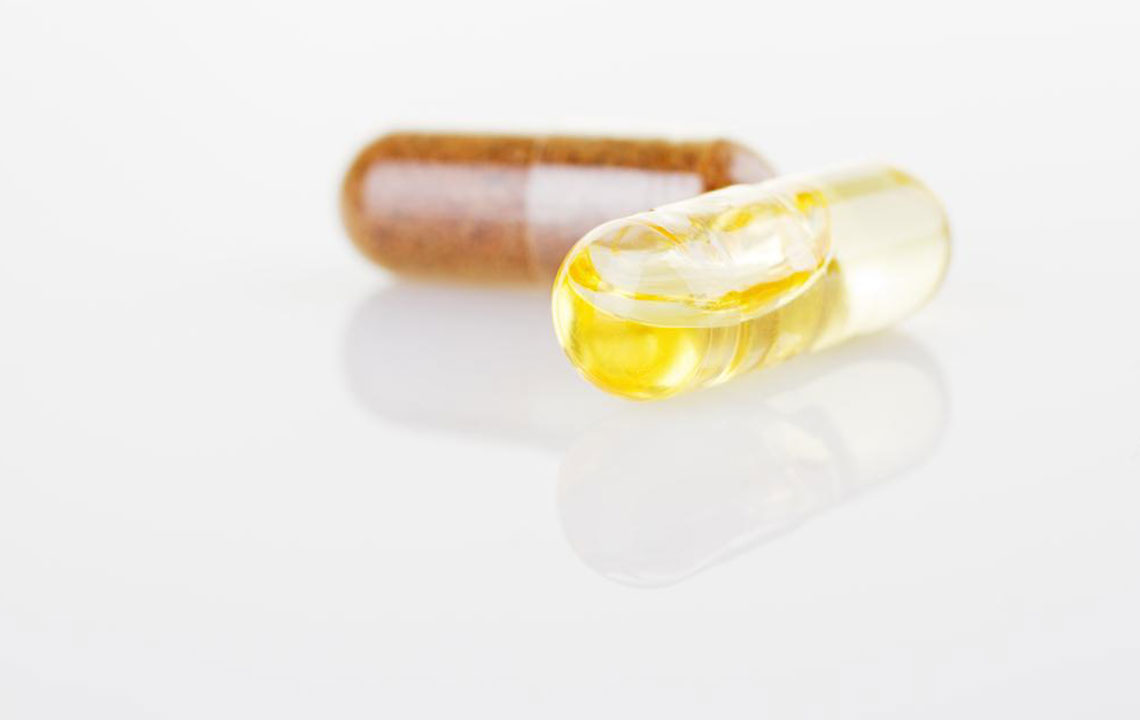Top Nutritional Choices for Supporting Kidney Function
Discover effective dietary strategies for maintaining optimal kidney health. This guide highlights nutrient-rich foods like leafy greens, berries, and fatty fish that support kidney function and overall wellness. Incorporate these tips into your lifestyle to prevent damage and promote kidney efficiency, but consult healthcare experts for personalized advice. Key points include managing blood pressure, staying hydrated, and eating fiber-rich, antioxidant-packed foods. Regular checkups and a balanced diet are essential for long-term kidney health and overall vitality.
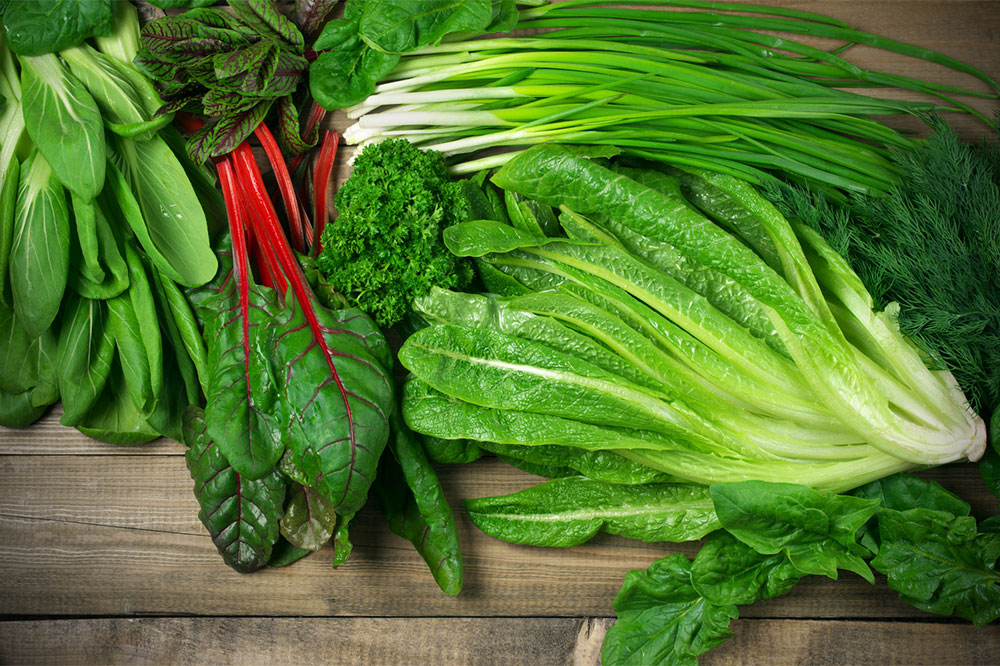
Nutritional Tips to Support Healthy Kidneys
The kidneys are vital organs located on each side of the spine, just beneath the rib cage. Their primary role is to filter waste, excess water, and toxins from the bloodstream, which are then expelled through urine. They also help regulate body pH, salt, and potassium levels, and produce hormones that influence red blood cell production and blood pressure. Additionally, kidneys activate vitamin D, essential for calcium absorption, promoting bone health and muscle function. Maintaining kidney health is crucial for overall wellness.
Optimizing kidney function involves a healthy lifestyle and mindful nutrition choices. Regular physical activity, blood sugar and blood pressure management, staying well-hydrated, and routine health screenings are vital. Consuming foods that support kidney health can prevent damage and enhance their ability to filter effectively.
Engage in regular exercise
Control blood sugar levels
Monitor blood pressure
Eat a balanced diet
Stay hydrated
Schedule periodic kidney health checks (especially for high-risk groups)
Incorporating kidney-friendly foods into your diet can make a difference. These foods help maintain electrolyte balance and prevent additional stress on the organs. It’s essential to consult healthcare professionals for personalized advice, especially if you have existing kidney issues. Some of the best foods to support kidney health include:
Dark leafy greens: Kale, spinach, chard, and collard greens are rich in calcium, vitamins A, C, K, magnesium, and folate. They boost immune function and are healthy substitutes for iceberg lettuce.
Berries: Raspberries, strawberries, blueberries, and blackberries are fiber-rich and packed with antioxidants, vitamins, and minerals. Compounds like anthocyanins and ellagitannins help combat inflammation and protect cells.
Cranberries: Known for preventing urinary tract infections, cranberries inhibit bacteria adherence to the bladder wall and may reduce risks of heart disease and cancer. Add dried cranberries to salads or snacks for added benefits.
Sweet potatoes: Loaded with fiber, potassium, and minerals, they support electrolyte balance and kidney function. However, those with advanced kidney disease or on dialysis should limit intake.
Olive oil: Rich in polyphenols and antioxidants, olive oil lowers inflammation and protects cells through its monounsaturated fats. Use dark glass bottles for storage to maintain freshness.
Fatty fish: Salmon, mackerel, sardines, and tuna provide omega-3 fatty acids essential for heart and kidney health. They help regulate blood pressure and reduce harmful fats.
Overall, a diet emphasizing whole, nutrient-dense foods can support kidney health and prevent deterioration. For individuals with chronic kidney conditions, working with healthcare providers to develop personalized meal plans is critical. Early diagnosis, proper treatment, consistent exercise, and nutritious eating are key to maintaining kidney function and overall health.

